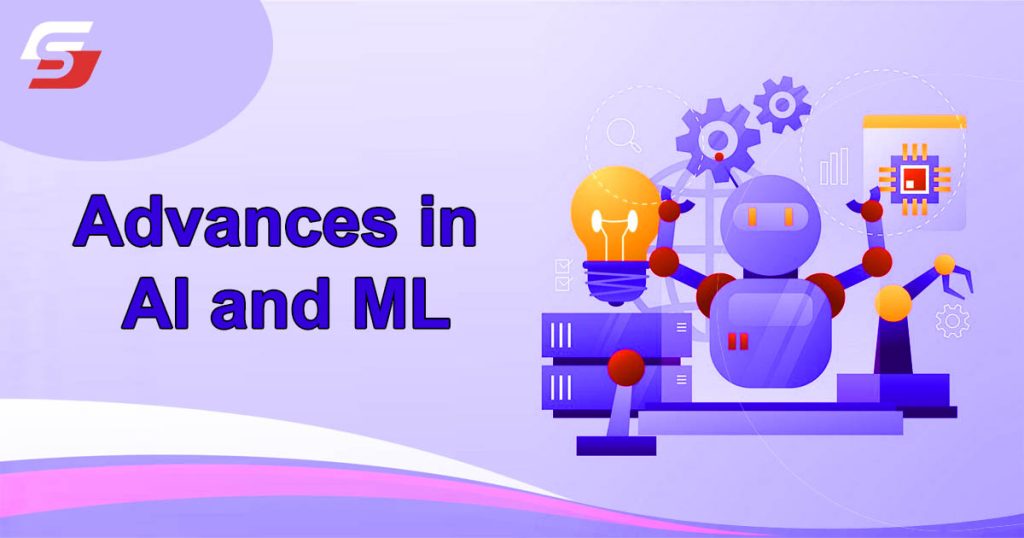Student success amid COVID-19 pandemic – How can AI technology help?

AI to help in Improve Learning Process: The COVID-19 pandemic has affected every aspect of the world economy, and education is no exception. It is one of the most impacted sectors, with long-term consequences. In 2020, over 1.2 billion children were out of the classroom. As a result, they have had to adapt to new types of learning. This has put artificial intelligence (AI) on the radar of education planners owing to its ability to bring in innovation to education, which makes learning more personalized and effective.
Below, we are describing five ways educational institutions are using AI to reach their students to improve the learning process.
1. AI chatbots for student support
It is common for students at all levels to use some electronic messaging service to communicate with one another as well as with their teachers.
Here are some of the transformations enabled by chatbots in online learning:
- Enables personalized learning
- Allows the teacher to reduce time invested in administrative tasks since chatbots provide immediate answers to frequently asked questions from students
- Stores and analyses data effectively when reviewing the evaluation and progress of students
- Helps to identify the emotional state of students
- Improves access to education
Also Read: How you can move up in your career with this tiny habit
2. Curating learning material for personalized learning
Throughout their academic career, a student creates a lot of digital content in term papers, class texts, and homework assignments. Although it is hard for teachers to remember everything, AI can process that content to form a student’s profile as a learner. The profile would contain:
* Historical data on the most important notes
* The highest and lowest grades
* The nature of assignments
An AI algorithm can evaluate this data about a student’s preferred learning practices and customize learning programs based on the input.
3. AI-based assignment grading
When school students submit assignments, a proper grading system ensures they are given grades based on the quality of the assignment. For this, tutors can use an AI-based paper grader to automate grading for a bulk quantity of assignments. AI software does this by learning from the existing data – graded papers that serve as the data which triggers a process of machine learning. The software learns to duplicate the grading process by learning from the graded paper set and this way enables the tutor with the ability to assign grades to papers automatically.
4. Learning in an immersive classroom
Immersive learning places students in an interactive learning environment, either physically or virtually, to replicate scenarios or to teach skills or techniques. This enables to improve students’ engagement levels and boost the interest level in students. Another interesting feature is that it provides a highly interactive environment for users, both virtually and physically. With this, you can virtually recreate various physical environments that are beyond the reach of classroom walls.
School staff can use immersive learning techniques to improve the learning experience, helping students to:
-Attain knowledge by exploring and manipulating objects and environments.
-Identify their learning pace and adjust skills accordingly.
– Improve their understanding of abstract concepts and their relationships by providing them with a context.
-Enhance skills and apply learned concepts to challenging real-world problems and scenarios.
Also Read: A year from now, where will our education systems be?
5. Identification of learning disabilities
Artificial intelligence helps educators identify learning disabilities.
The primary step in learning to work with these disabilities is identifying these disabilities in a student. Unfortunately, not all the current testing methods are highly effective at pinpointing learning disabilities like dyslexia or dyscalculia.
School nurses can use EHR (Electronic Health Record) & School Nursing Software to track the health details of students with learning disabilities and take proper actions.
New artificial intelligence systems are being developed to help teachers administer more effective testing to uncover some of these often-hidden conditions.
Once they can be properly identified, educators can dive into the resources available for a learning disability.
Advancements in the field of AI are helping to reshape e-learning as the education of the future. E-learning offers an entirely new education service that allows individuals to receive an education without sacrificing their savings and is far less of a financial burden than traditional higher institutions.
Various forms of AI applications are being developed for education, including AI mentors for learners, the development of smart content, and virtual global conferences. Education is among the latest sectors to utilize the benefits of artificial intelligence and machine learning, but the changes are only beginning and will continue.









